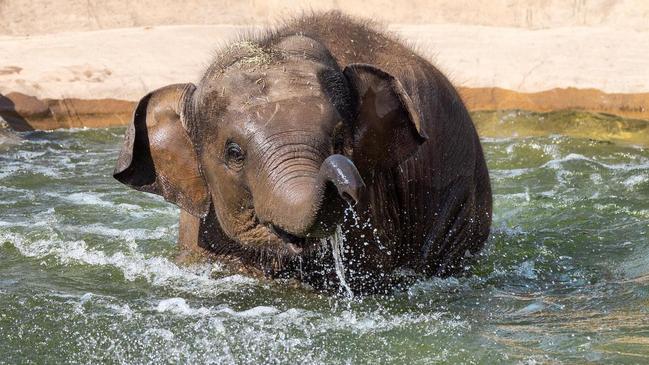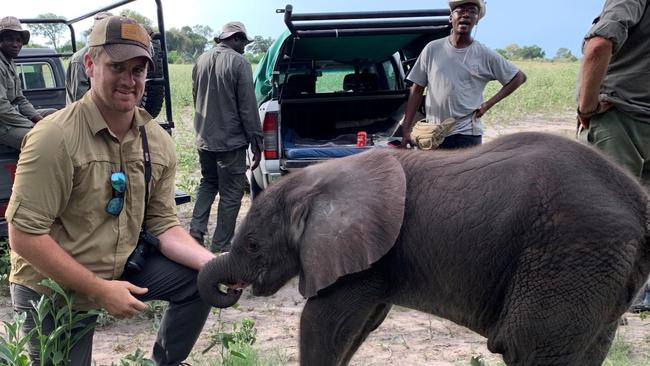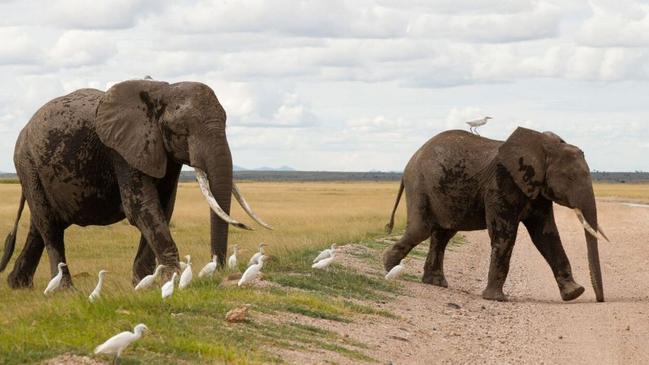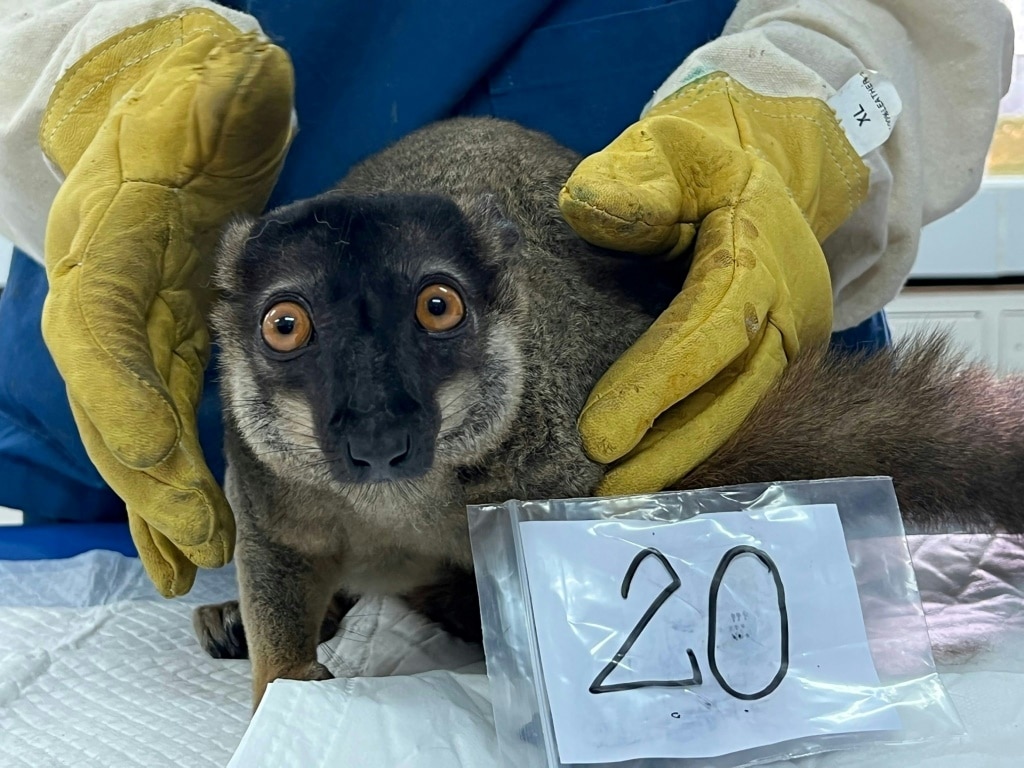Baby elephant vaccine could protect against deadly virus
A new vaccine could protect Asian elephants from a disease that is a threat to captive and wild populations alike.

If the project succeeds, we’ll owe a debt to Brazos, a two-year-old Asian elephant who lives at the Fort Worth Zoo in Texas. He has just become the ninth animal to receive a test dose of a potentially groundbreaking vaccine designed to fend off one of the most serious threats facing his species.
The jab is intended to protect him from elephant endotheliotropic herpesvirus (EEHV) – the biggest killer of baby Asian elephants living in captivity in Europe and North America, and a growing menace to endangered wild populations.
After promising initial results, a trial to test how well the vaccine works will be expanded to include about 25 more animals in the new year. If successful, the vaccine could be introduced on a much wider scale in three to five years.
Amanda Guthrie, head of wildlife health services at London and Whipsnade Zoos, which have had discussions with the vaccine team but are not yet involved in the testing, said that an effective jab would be a “game-changer”.
At present, Whipsnade’s seven elephants are tested for the virus every fortnight, in an effort to catch and treat infections early. Once symptoms appear, it is almost always fatal, she said. “There’s nothing else that compares to EEHV in terms of impacting elephant populations and their sustainability.”

The disease, which can cause deadly internal haemorrhaging, killed two young elephants at Dublin Zoo in July and since 2018 it has claimed the lives of seven at Chester Zoo.
It is also thought to be a growing threat to wild Asian elephants, numbers of which are estimated to have halved since the 1960s, in countries including India, Nepal, Thailand, Indonesia and Myanmar.
Brazos has no antibodies to the “1A” strain of the virus, the most dangerous variant. This makes him very vulnerable. But he is also a perfect trial participant: by monitoring how his immune system responds, scientists will have a sense of whether it has pushed his body to build the defences he need to ward off the pathogen.

The trials are the culmination of a decade of work by Dr Paul Ling of the Baylor College of Medicine, Houston, who switched from studying human illnesses 15 years ago.
“It just came down to me thinking, ‘who wouldn’t want to help save baby elephants?’ ” he said.
The project has received funding and advice from Colossal Biosciences, a US start-up whose aims include bringing the mammoth back from extinction.
Its “mammoths” would actually be genetically-altered Asian elephants. Matt James, its chief animal officer, said: “It makes sense for us to start to invest [in a vaccine] right now, so we can protect our future mammoths, while protecting an existing species today.”
The vaccine is based on the same mRNA technology used to protect humans against Covid. It prompts an elephant’s body to produce four proteins found on the surface of the virus, which the pathogen uses to latch on to and infect elephant cells.
The Times






To join the conversation, please log in. Don't have an account? Register
Join the conversation, you are commenting as Logout